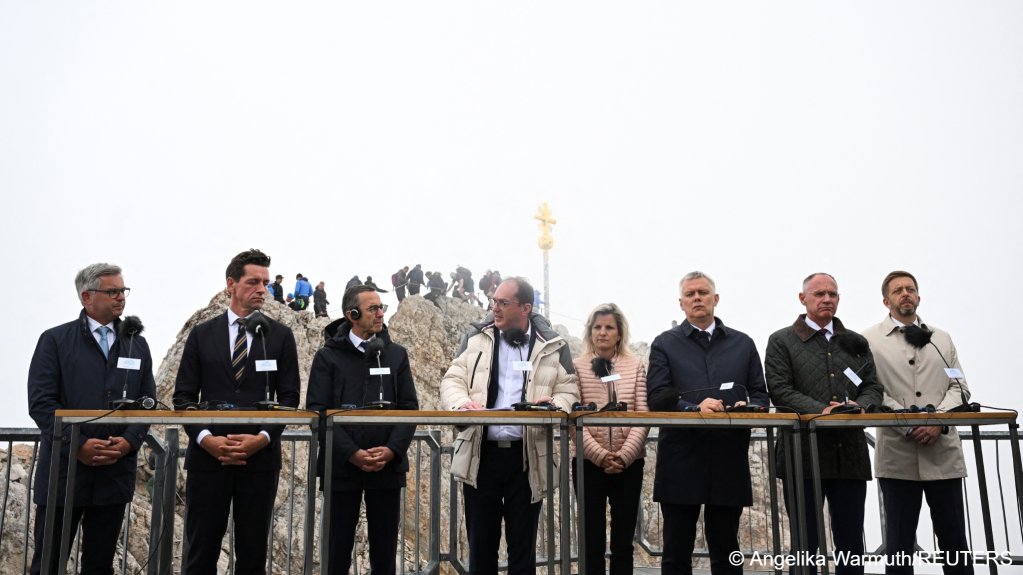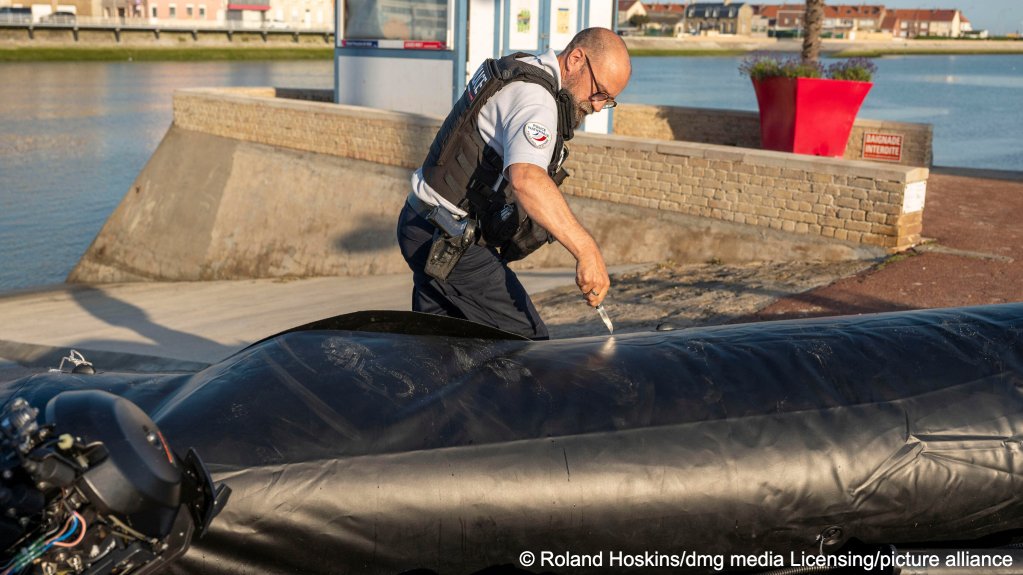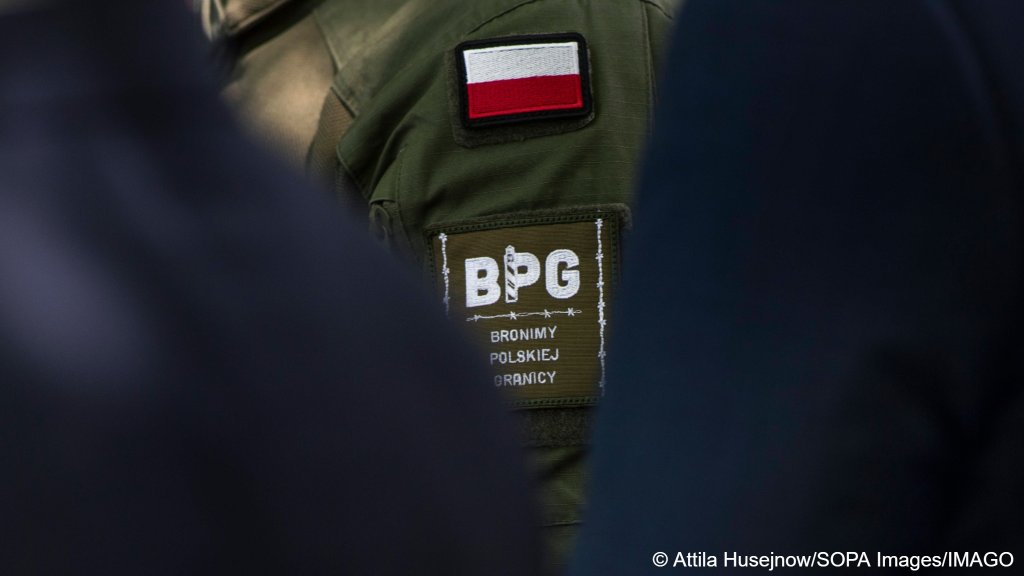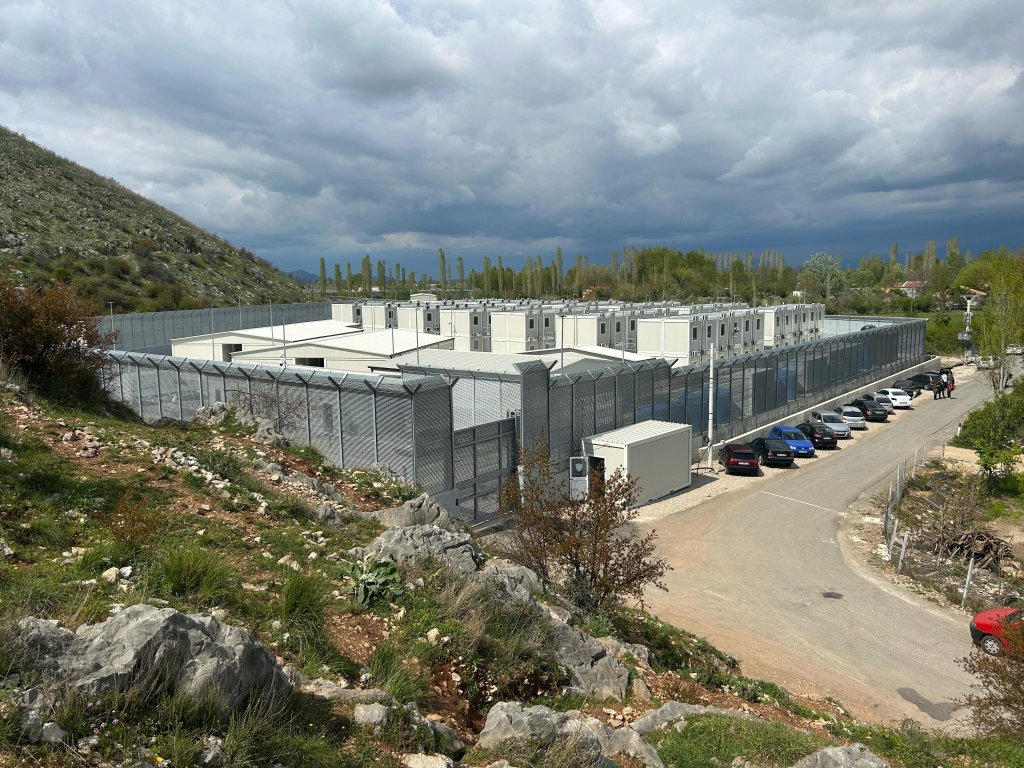On July 18, the German Interior Minister, Alexander Dobrindt, hosted some of European counterparts atop Germany’s highest peak (Zugspitze) to discuss future European migration policy. The assembled ministers from France, Poland, Austria, Denmark and the Czech Republic backed tightening measures still further.
In a joint declaration published on July 18, the interior ministers from Germany, France, Poland, Austria, Denmark and the Czech Republic promised to continue their commitment to "work together on reducing illegal migration effectively."
Germany’s Interior Minister Alexander Dobrindt told journalists at the summit that he wanted to make sure that "on migration policy matters in Europe, Germany is no longer sitting on the brake, but is helping to drive the engine [of change]."
Dobrindt added that although he wanted to maintain the open integrity of Europe, "we don’t want illegal smugglers, traffickers and criminal gangs to decide who can enter our region and who can't."
The six countries called for more consistent deportations and a tightening of European policy, reported the German press agency dpa.

Five key areas for reform
Present at the summit were Austria’s Interior Minister Gerhard Karner, the Czech Republic’s Interior Minister Vit Rakusan, Denmark’s Kaare Dybvad Bek, France’s Bruno Retailleau, Germany’s Interior Minister Alexander Dobrindt and Poland’s Tomaz Siemoniak. Joining the six European interior ministers was the European Commissioner for Internal Affairs and Migration, Magnus Brunner.
The ministers and their teams journeyed to Germany’s highest point, the Zugspitze, to discuss "key measures for reforming migration policy together," stated a press release from the German Interior Ministry ahead of the summit (July 17).
The joint declaration outlined five main priorities, which included action against smuggling, a renewed focus on returns and a commitment to enhancing and building on strategic partnerships with third countries.
In the joint declaration, the ministers noted that they "recognized" that the European Union is "an area of freedom, justice and security, not only for Union citizens, but also for third-country nationals in need of protection." Poland’s Tomasz Siemoniak said he hoped to ensure the return of border-free travel within Schengen. Currently, both Germany and Poland are carrying out extensive controls along their mutual border.
Read AlsoEU migration budget: What's planned for 2028–2034?
'Effective migration management...a constant challenge'
However, they also underlined that "irregular migration…remains a complex phenomenon which does not follow a standard pattern and involves routes and methods that frequently change." Because of this, they agreed that "effective migration management is a constant challenge," and that "irregular migration often involves people who in fact are not in need of protection, and that is driven by organized crime networks of migrant smugglers."

The ministers said that they hoped to work together to "build upon" the Commission’s proposals on returns, "the safe third country concept and safe countries of origin."
Ministers from the states present also underlined that the "large number of migrants who have entered Europe illegally in the past ten years," have created "considerable pressure on our national systems of asylum, reception and integration, including challenges to internal security, and contributing to a growing polarization in our societies."
Read AlsoEU Commissioner visits Libya in search of stronger migration controls
Migration causing 'polarization in societies'
Before and after the summit, anti-migrant demonstrations took place in a range of countries, including some of those present, like Poland and France. Support for mostly right-wing populist parties, purporting to offer ‘simple’ solutions to improve countries’ economic situations and often pushing nationalist and anti-migrant rhetoric as part of their electoral campaigns, has grown in the last decade, with some of those parties, like the AfD in Germany winning majorities in some areas at the polls, and placing pressure on more established parties to push to the right to counter their arguments and win over voters.
The influence from those parties, even when not directly in power, in national states' migration policy, as well as at the European Level, where many of them also made gains at the last European election, is being felt right across the bloc.
In order to counter the polarization being felt, the assembled ministers promised to "make migration reform fit for the future." This, they promised, would involve creating a "stronger legal framework for managing the various aspects of migration." It would also contribute to enhancing security at the EU’s external borders and "creating more efficient asylum procedures."

One of the measures ministers are hoping to propose to the EU, stated the document, was to propose the abolition of the suspensive effect of appeals on a return process.
Read AlsoGermany to implement tougher border controls and asylum rules after May 6
'Go strong on returns'
The ministers present also promised to step up their actions against migrant smuggling and human trafficking. Information sharing via the SIENA system was key to this, stated the joint declaration. They also call on the EU to "more actively pursue international agreements on the exchange of personal data between Europol and relevant third countries, especially Turkey and the countries of North Africa."
Those present said they wanted to track illegal cash flows and put more focus on financial investigations to try and dismantle the networks financially.
In line with the forthcoming reforms in European asylum policy, the ministers said they intend to "go strong on returns." An effective returns policy is "essential," they underlined, to "maintaining trust in a balanced European migration policy."
In practice, this would mean the removal of "unnecessary bureaucratic obstacles," propose the ministers, as well as establishing "return hubs…in third countries in line with EU and international law and improving Frontex’s mandate to assist member states with returns to these hubs in third countries."
Read Also Germany to deport Syrian criminals, following Austria's lead
Third country hubs
Denmark has already actively expressed interest in finding a suitable third country, including investigating possibilities in Albania and Rwanda at times over the years. The Western Balkans, where Albania is situated, was cited as one of the areas most likely to host future returns hubs.
Returns to Syria and Afghanistan must also be made possible, underlined the states. All suitable policy measures and instruments, "such as those related to visa, trade and development aid, should be used as a leverage to increase the number of returns and to improve overall cooperation on migration management."

Last week, Germany completed its first deportation flight of 81 Afghan males who all had criminal convictions, stated Dobrindt to dpa. "Future flights need to be able to happen, too. There is no place for serious criminals to be granted residence or rights to stay in our country," underlined Dobrindt.
New readmission and returns agreements should be concluded "as quickly as possible," stated the joint declaration, and agreements already in existence "must be fully applied."
Read AlsoMake repatriation rules more effective –Denmark takes over EU presidency
EU external borders
Strengthening and safeguarding the EU’s external borders is another key to future migration strategy, according to the assembled ministers. One tool will be the upcoming Entry-Exit System, expected to launch this autumn, which will digitally track who enters and exits the EU.
The assembled group called upon the EU to provide more funding to protect those external borders, "including funding for stationary and mobile infrastructure and full registration in the digital systems, including the Entry-Exit system and Eurodac."
Finally, the group said that they wanted to push for more strategic partnerships with third countries, particularly countries of origin and transit. The ministers said this work should include "combating the root causes of irregular or forced migration, including providing adequate support to allow for a dignified life in migrants’ countries of origin and places of first refuge."
The assembled ministers promised to act with "determination and unity to reduce illegal migration effectively."
Read AlsoUK and France announce new migrant returns deal
Criticism of the proposed measures
Some of the policy measures and direction outlined at the summit were criticized by members of Germany’s churches, reported the Catholic news agency KNA.
The Catholic charity Caritas warned the ministers that "the prevention of migration by erecting ever stronger barriers only serves to strengthen the unscrupulous smugglers." Instead of building new fences, said Oliver Müller, from Caritas, "new legal routes" are needed.
The Protestant Church’s charity Bread for the World (Brot für die Welt) criticized the assembled states’ ministers for lacking a "political worldview," reported KNA. They said that their plans showed they were not really trying to make the asylum system function better, but were really hoping to offload their responsibilities onto third states.
With dpa, KNA and EPD
